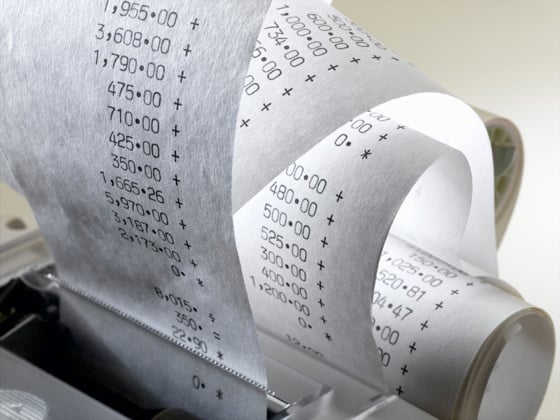The largest U.S. broker-dealers may be asked to pay more than $1 million a year to fund annual inspections required by the Dodd-Frank Act, according to a proposal by the panel that oversees public-company audits.
The largest U.S. broker-dealers may be asked to pay more than $1 million a year to fund annual inspections required by the Dodd-Frank Act, according to a proposal by the panel that oversees public-company audits.
The Public Company Accounting Oversight Board, the industry-funded watchdog created by the Sarbanes-Oxley in 2002, was directed by Dodd-Frank to conduct inspections of all firms that audit broker-dealers. The plan being considered today at a PCAOB meeting in Washington would create a mechanism for raising the $15 million a year needed for those reviews.
Dodd-Frank, the regulatory-overhaul law enacted in July, stipulated that the inspection fees be based on a firm's relative share of “tentative net capital,” Daniel L. Goelzer, the PCAOB's acting chairman, said in an interview. The burden will fall heavily on the larger firms because only about 14 percent of broker-dealers meet the minimum net-capital threshold for being subject to the fees, Goelzer said.
Lawmakers included expanded oversight of broker-dealers in the wake of the financial crisis after it was revealed that Bernard Madoff, the New York money manager convicted for running a multibillion-dollar Ponzi scheme, had his firm's auditing done by a firm run from a 13-by-18-foot storefront in New City, New York. Dodd-Frank eliminated a system in which auditors had to register with the PCAOB but weren't overseen by the board.
“You might view this expansion of our mandate as one of Bernie Madoff's legacies,” Goelzer said in a speech last week to the American Institute of Certified Public Accountants.
Threshold
The PCAOB is also weighing an increase in the market capitalization threshold of public companies that have to pay for the board's existing inspection program. The proposals would raise the cap from to $75 million from $25 million, meaning about 1,100 smaller firms would be exempted. It would also raise the investment-company threshold to $500 million from $250 million, removing about 1,480 companies.
Approval of the proposal today would open a public-comment period that would run through Feb. 15. The rules won't go into effect until the board meets again to take a final vote.
The new revenue from broker-dealer fees will represent about 7 percent of the PCAOB's funding, Goelzer said.
--Bloomberg







